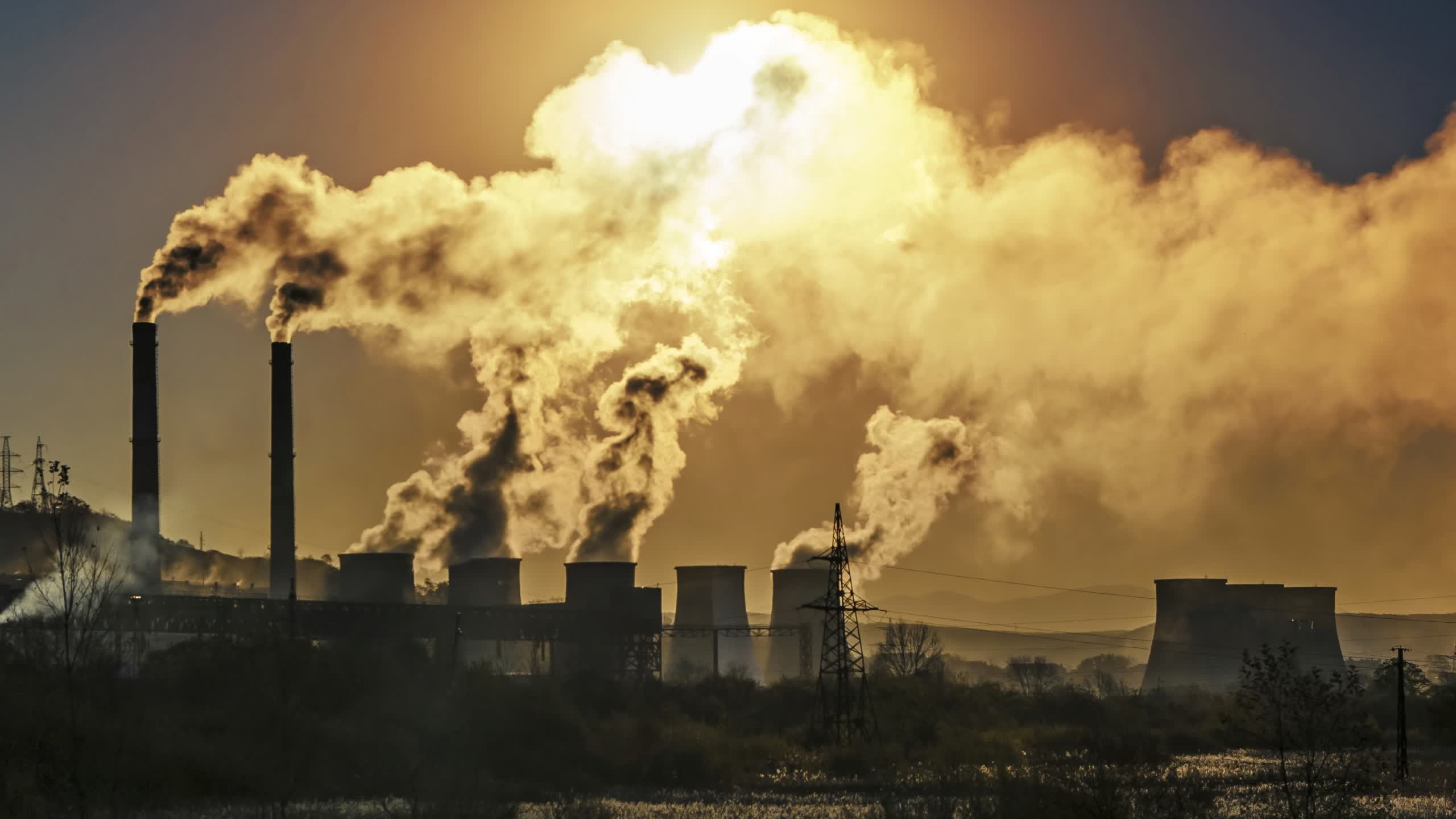Why it matters: When the 2020 pandemic caused a notable reduction in global carbon emissions, some hoped that industrialized nations would take the opportunity to strengthen efforts to fight climate change. A recent UN report indicates that 2023 emissions bounced back and then some, jeopardizing the Paris Agreement.
Unsurprisingly, this year's United Nations Environment Programme (UNEP) Emissions Gap Report states that the world's wealthiest nations aren't doing enough to decrease greenhouse gas emissions. Unfortunately, it also shows that recent emissions growth has erased the pandemic lull.
Global emissions increased by 1.3 percent from 2022 to 2023, exceeding the average annual rate of 0.8 percent from the decade spanning 2010 to 2019 and setting a new record of 57.1 GtCO2e. The increase came from all sources of emissions except land use and forestry. Energy and agriculture continue to be the most significant contributors.
According to the UNEP, current policies could lead to a global temperature rise of up to 3.1 degrees Celsius above preindustrial levels by the end of the century. The Paris Agreement goal of limiting that number to 1.5C will fall out of reach if the next few years show emissions growth similar to 2023.
Achieving the reductions nations agreed to under the Paris Agreement's Nationally Determined Contributions would put the planet on the path to a warming increase between 2.6C and 2.8C. Reaching 1.5C would require cutting emissions by 47 percent compared to 2019 levels before 2030 and 57 percent by 2035. Increasing the use of wind and solar energy could account for between 27 percent and 38 percent of emissions reductions by the 2030s. Reversing deforestation and improving forest management might contribute another 20 percent.
Agriculture and land use are vital factors behind climate change because the Earth's oceans, forests, soil, and other natural elements usually absorb about half of all emissions. However, even this might be rapidly shifting, as preliminary research indicates that the planet absorbed almost no CO2 in 2023. The phenomenon might be temporary, but it could also signal that natural carbon sinks are failing, which might rapidly increase climate change.
Scientists have repeatedly linked climate change with the intensification of natural disasters, rising sea levels, increasing frequency of heat waves, and other effects that could endanger human civilization.
